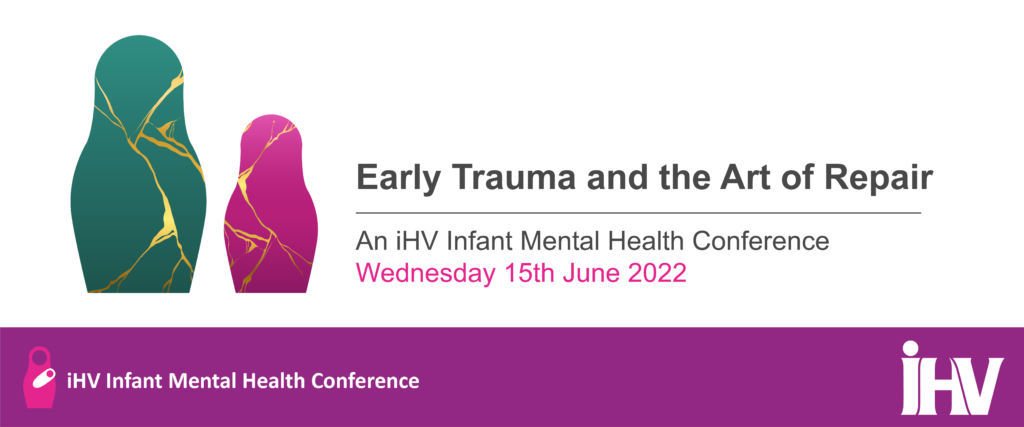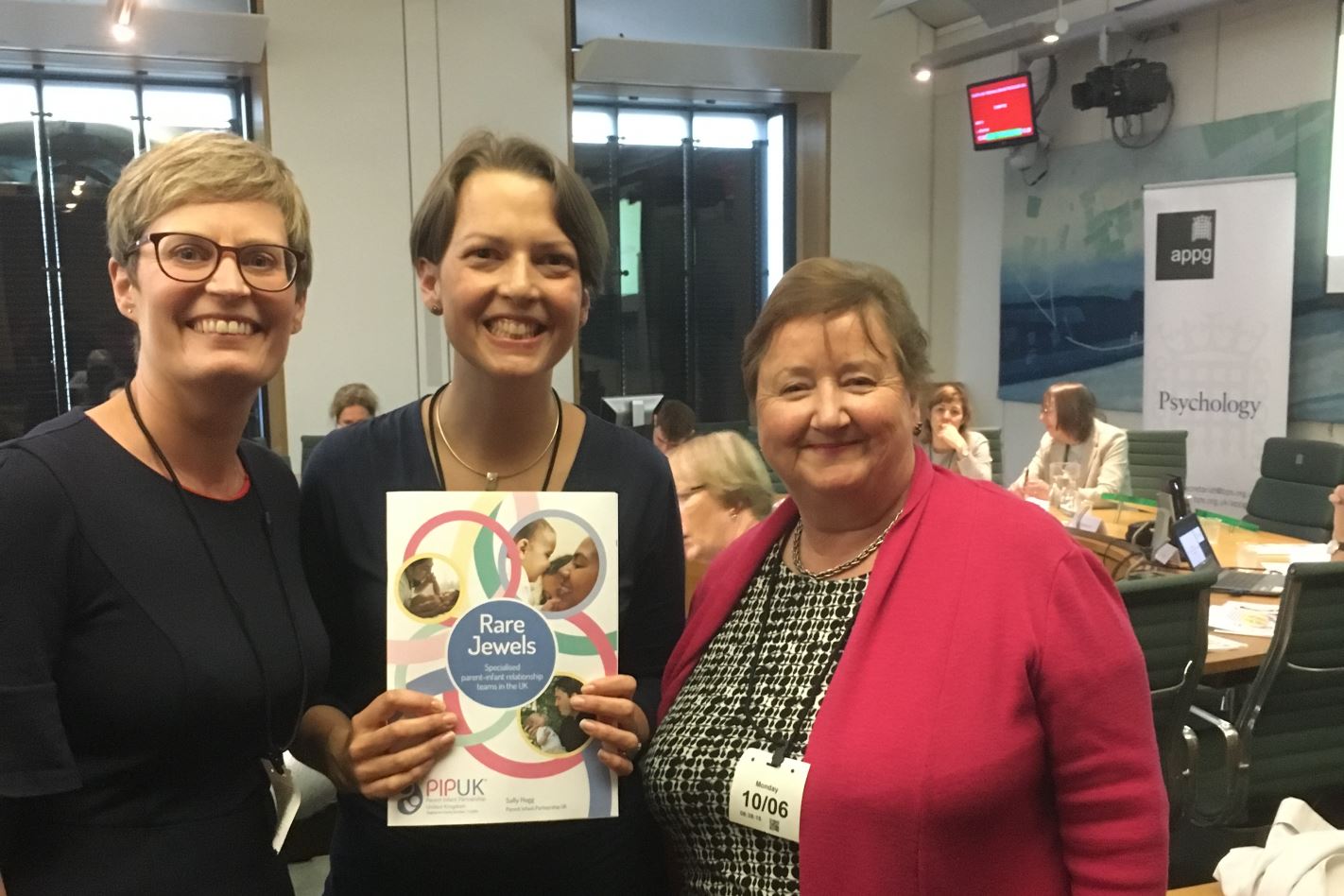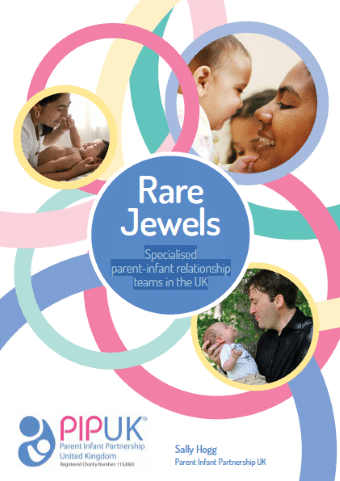Today marks the start of Infant Mental Health Awareness Week (#IMHAW2025). Organisations and services working with families across the UK get a chance to celebrate the vital work they do to support babies’ earliest relationships with their parents and caregivers.
Alison Morton, Chief Executive of the Institute of Health Visiting, said:
“At the iHV, we know how important early relationships are in shaping a baby’s lifelong chances. And we know how important health visitors are in creating a safe psychological space for parents to explore the joys and uncertainties of new parenthood.
“That’s why we are excited to be leading a second phase of research, funded by The Royal Foundation Centre for Early Childhood, around health visitors’ use of the Alarm Distress Baby Scale (ADBB). The expansion of the ADBB, and its modified version, in a wider range of health visiting services will enable us to consider future sustainability of the model and help to direct the right support to the families who most need it.”
Health visitors are being trained in sites across all UK nations to better observe and interpret the ways that babies communicate through their facial expressions, eye contact, sounds and movements. By using the ADBB observation aid, health visitors can help parents discover the amazing social capacities of their babies, the ways babies show that they want to be in a relationship, and the subtle ways they indicate if something in their environment is causing them stress.
In this short film, created by The Royal Foundation Centre for Early Childhood for #IMHAW2025, two of the health visitors participating in the study clearly articulate the importance of early relationships in establishing good mental health. It showcases the knowledge and skill of health visitors to support all families to lay the best foundations for their babies.
Hilda Beauchamp, Perinatal and Infant Mental Health Lead at the Institute of Health Visiting, said:
“I am so proud of the commitment of the health visitors involved in this study. They are achieving very high certification in ADBB, demonstrating robust knowledge and skill in their observation and understanding of babies’ communication and have been excited to use their enhanced skills to support families up and down the UK. This short film showcases the knowledge, skill and passion of health visitors in supporting all families to lay the best foundations for their babies. We know health visitors are amazing – and it’s great to be able to share a glimpse of the amazing work they do!”
The Royal Foundation Centre for Early Childhood has shared a second short film as they caught up with some of the brilliant health visitors who are part of the second phase of the “ADBB” pilot as well as iHV’s Perinatal & Infant Mental Health Lead, Hilda Beauchamp – see video below This is a study of how a simple, yet powerful observation tool, can be used by professionals to spot early signs of emotional distress in babies through their eye contact, expressions, sounds, and activity.
Special thanks to the families, the health visiting services in Rotherham Doncaster and South Humber NHS Foundation Trust and West Street Family Hub, Scunthorpe who contributed to the film.












